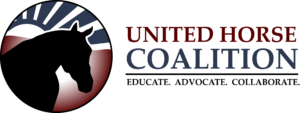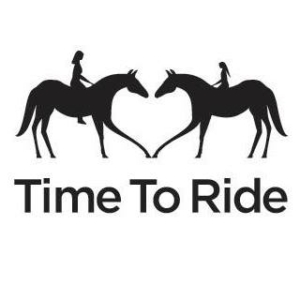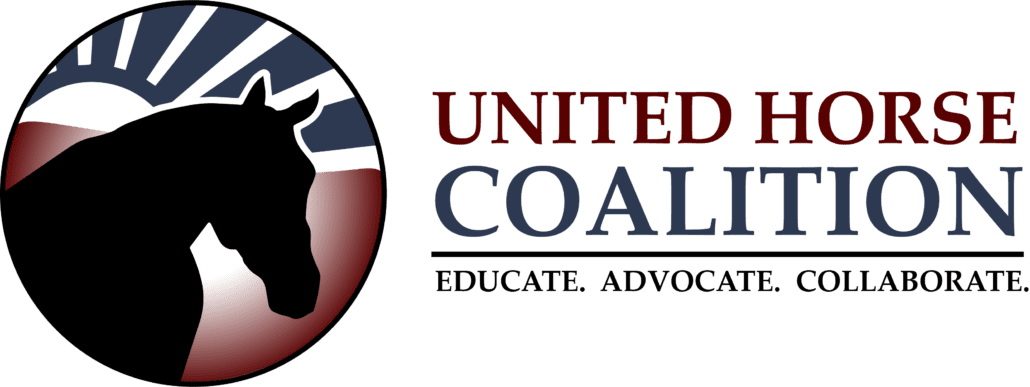Are you considering taking the dive into horse ownership?
Did You Know? There is an estimated 2 million horse owners in the United States and a total of 7.1 million Americans are involved in the industry
as owners, service providers, employees and volunteers. (American Horse Council 2017 Economic Impact Study.)
You might be questioning – is horse ownership right for me? Here are some topics to consider before purchasing or adopting an Equine.
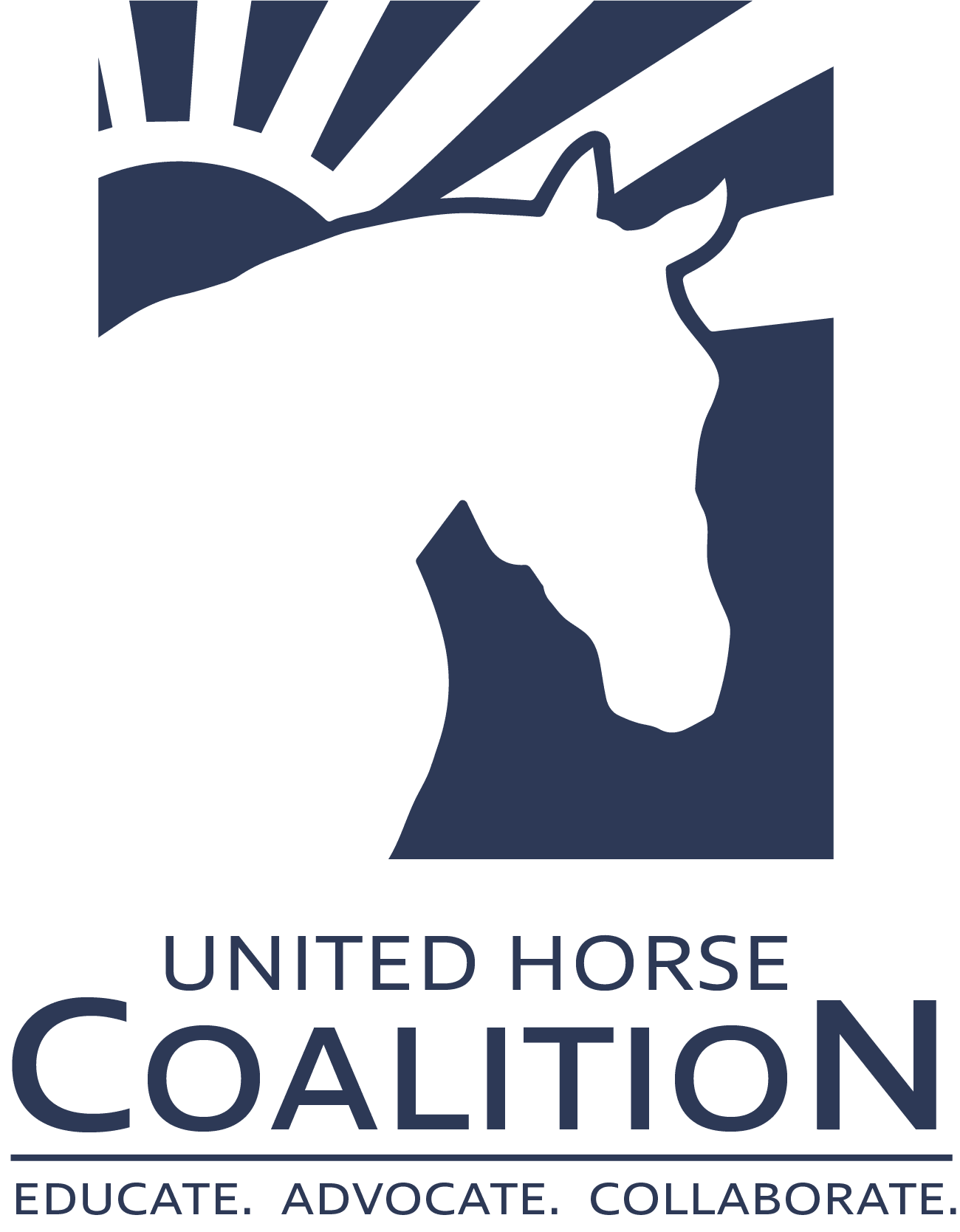
Ask yourself these questions before you take the leap into horse ownership. Click to see if you’re ready!
With so many options available, where can I go to find a horse that is the best match for me?
Have you thought about everything that goes into owning a horse?
Make sure your new horse does not end up at-risk. Learn about the steps and plans you can put in place to keep your horse safe at home with you. Become a Responsible Horse Owner.

How do I find the right horse?
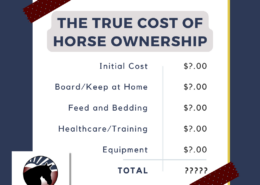
The true cost of horse ownership.
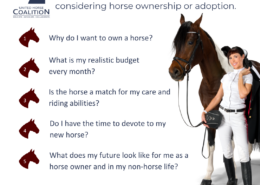
Is horse ownership right for me?
 https://unitedhorsecoalition.org/wp-content/uploads/2024/03/AdobeStock_441434582-scaled.jpeg
1150
2560
Ashley Harkins
https://unitedhorsecoalition.org/wp-content/uploads/2019/03/UHCNLogo2019_landscape-300x113.png
Ashley Harkins2023-03-06 02:54:342024-03-06 05:32:39Buyer Beware – A Cautionary Tale on Kill Pens
https://unitedhorsecoalition.org/wp-content/uploads/2024/03/AdobeStock_441434582-scaled.jpeg
1150
2560
Ashley Harkins
https://unitedhorsecoalition.org/wp-content/uploads/2019/03/UHCNLogo2019_landscape-300x113.png
Ashley Harkins2023-03-06 02:54:342024-03-06 05:32:39Buyer Beware – A Cautionary Tale on Kill PensAll Educational Resources:
Let’s face it – we may all need a little help at one point or another.
It’s never too early to understand what assistance services are local to you.
Check out UHC’s Equine Resource Database today.
